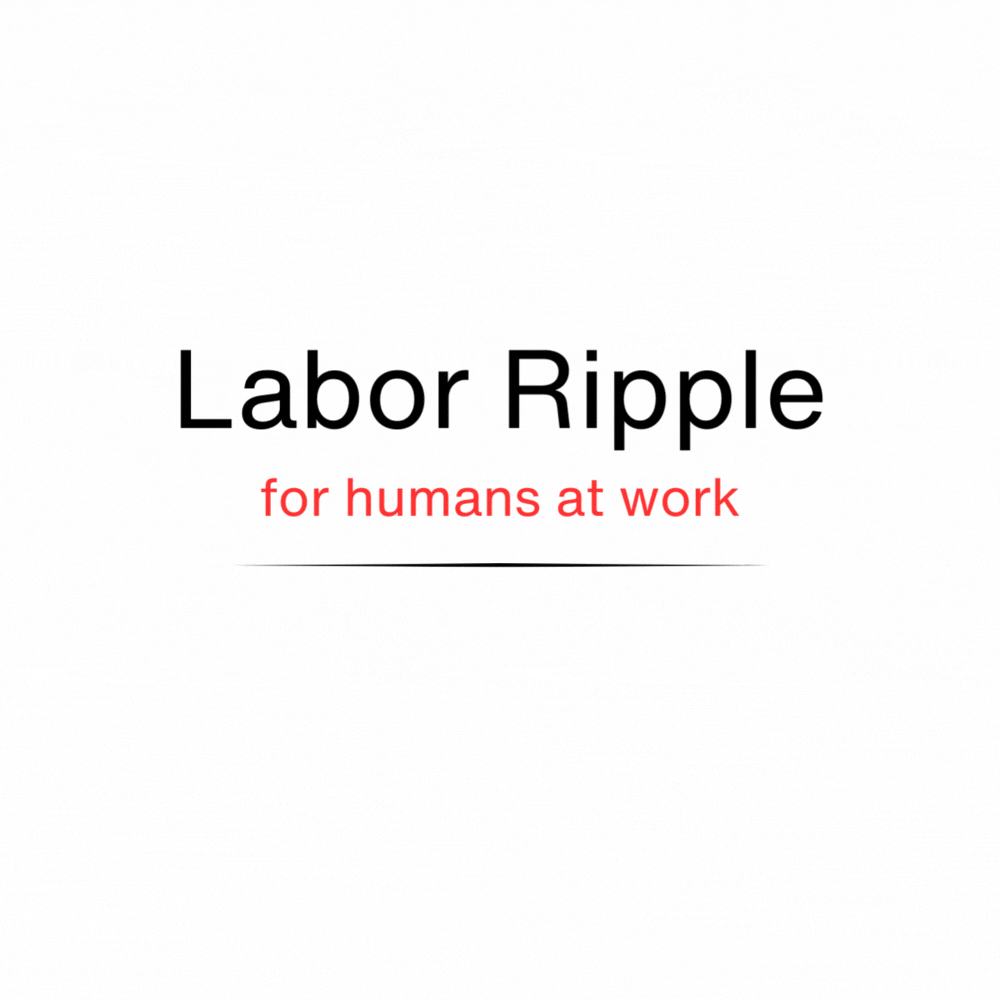Germany’s 4 day work week experiment

Germany, known as Europe’s industrial powerhouse, is grappling with a severe labor shortage, with approximately two million jobs left unfilled across various sectors. In response to this pressing crisis, numerous companies are adopting a seemingly unconventional approach: implementing a four-day workweek.
In early February, 31 German companies initiated a pilot program for the shortened workweek, spearheaded by the not-for-profit organization 4 Day Week Global (4DWG) and management consultancy Intraprenör. An additional 14 companies are set to join the initiative in March. The University of Münster will conduct a thorough scientific evaluation of the six-month trials involving up to 600 employees.
Advocates of the four-day workweek, like 4DWG, argue that reducing workdays while maintaining pay levels could lead to increased productivity and enhanced employee well-being, potentially addressing the labor shortage. This approach may also attract individuals unable to commit to traditional five-day work schedules.
Germany’s experiment draws inspiration from successful pilot programs in Portugal and the UK, where nearly nine in 10 companies made the four-day workweek permanent due to its positive impacts on recruitment, retention, and performance.
Experts note that the German trial employs sophisticated techniques to compare robust data, offering insights into the potential gains and pitfalls of a shorter workweek. However, they acknowledge that transitioning all jobs to a four-day workweek may not be feasible.
The concept of shorter workweeks is gaining momentum globally, with countries like South Africa and Spain already conducting trials. In the US, workers have expressed interest in a four-day week over remote work, suggesting a potential shift in work culture.
Commentators such as Bill Gates predict that shorter workweeks will become more prevalent as artificial intelligence advances, providing employees with greater flexibility. Gates envisions a future where reduced work hours align with increased automation, allowing for a better balance between work and leisure.

